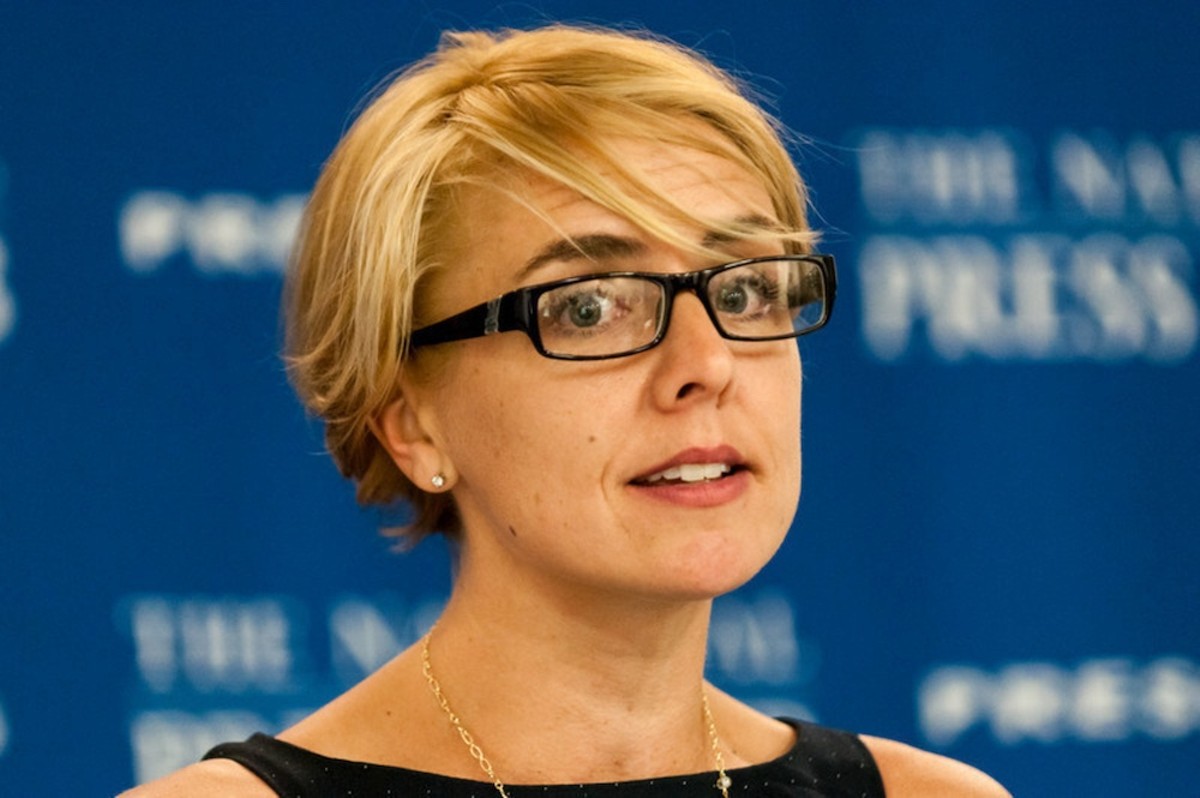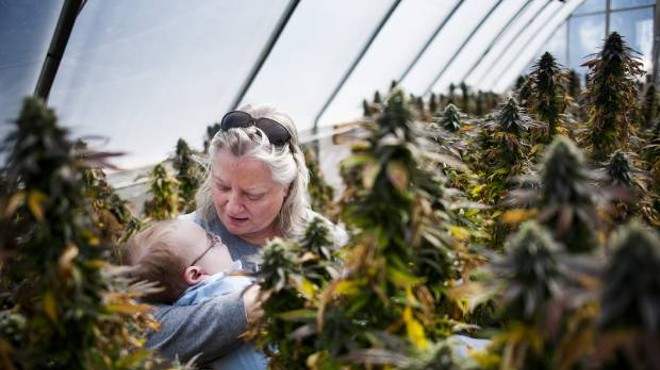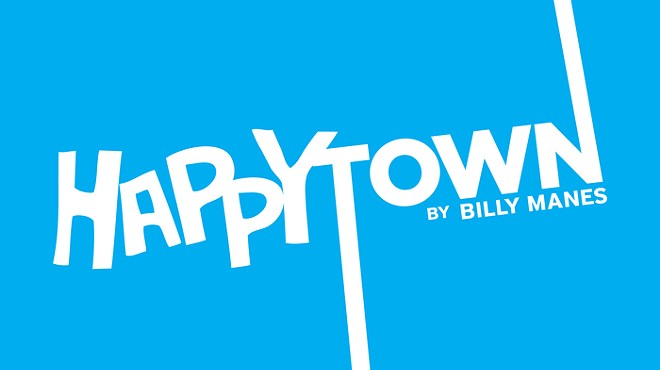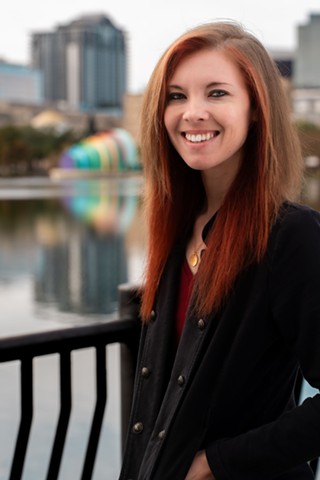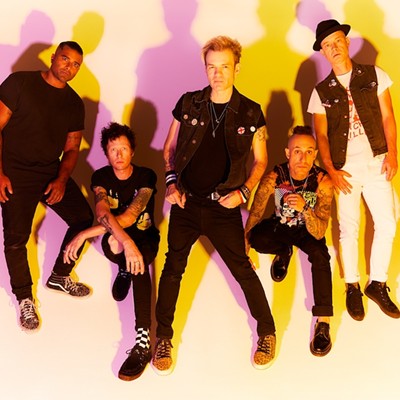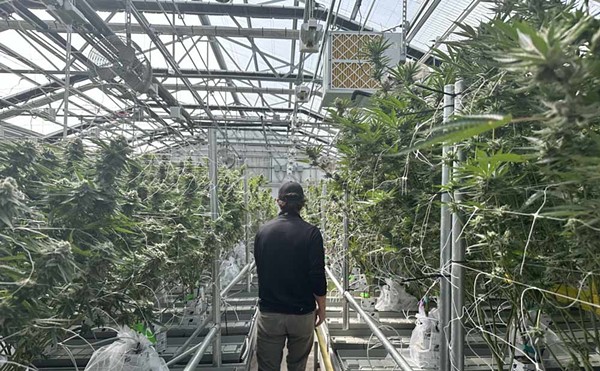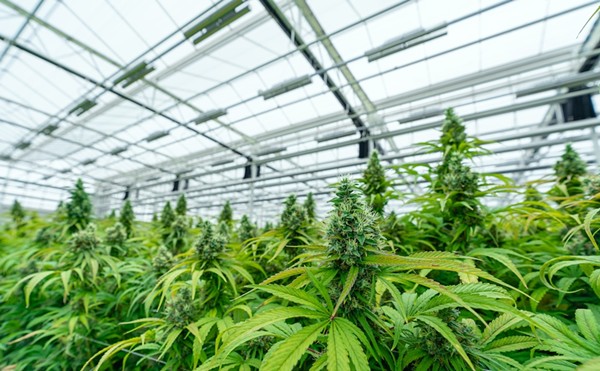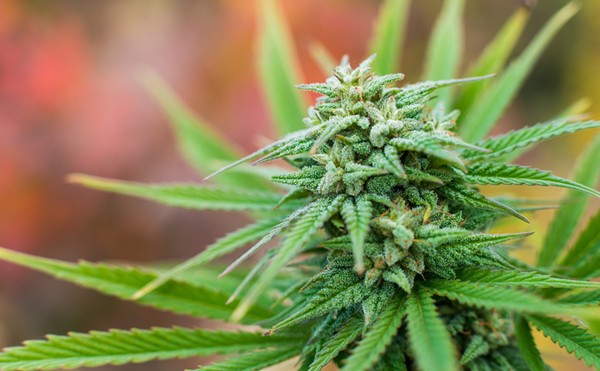Florida legislators this year passed a controversial bill targeting hemp products that opponents say will limit access to CBD. Senate Bill 1698 will increase regulation of hemp-derived products and ban delta-8 products, which can currently legally be purchased at convenience stores, gas stations and the like. The goal of the bill, according to supporters, is to protect kids from dangerous drugs, as is often the stated aim when punitive drug policy is involved.
Opponents of the bill, however, including the nonprofit Coalition for Access Now, also say that the bill as it's currently written would restrict access to full-spectrum CBD. Whereas delta-8 is a synthetic product that can produce mild euphoric effects, CBD (short for cannabidiol) is an oil derived from hemp extract that doesn't get you high, but can be helpful for certain conditions like seizures, anxiety and insomnia. Some people give CBD to pets to calm them down or use it to treat conditions like arthritis. It is also being studied as a potential treatment for opioid use disorder.
Unlike marijuana, hemp is federally legal, and has been since 2018. Under the federal 2018 Farm Bill, hemp and derivatives of hemp were removed from the definition of "marijuana" under federal law, due to their very low concentrations of THC, the psychoactive ingredient in marijuana that causes a high. Florida voters this November will get to decide at the ballot box whether to legalize marijuana for recreational use; they approved an initiative to legalize medical marijuana in 2016. Critics of this hemp-focused bill have accused Big Cannabis (i.e., marijuana dispensary chains) of being the driving force behind this new bill, framing it as an effort to get rid of their competition, leaving Floridians who benefit from CBD as collateral damage. As Rep. Hillary Cassel (D-Dania Beach) said during a floor debate, the dispensaries could continue to sell the same products deemed illegal under the hemp bill.
"Let's be very clear. This drug will still be available, and it will still be sold in Florida," Cassel said. "If this product is so bad you wanna ban it, then ban it. But that's not what we're doing. We're choosing which doors you buy from."
The House voted 64-48 to pass the bill, while the Senate unanimously supported it. It has not yet been signed into law by Florida Gov. Ron DeSantis.
Orlando Weekly interviewed one of the most vocal opponents of SB 1698, Paige Figi, a CBD advocate in Colorado and founder of Coalition for Access Now. She has called on DeSantis to veto the bill.
Figi's daughter Charlotte suffered severe and debilitating seizures as a young child. Her initial usage of CBD as an anti-seizure treatment changed her life. Charlotte became the inspiration behind early laws to legalize CBD back when it was still classified as a Schedule I drug, including a 2014 law in Florida that legalized CBD possession. Unfortunately, Figi's daughter Charlotte passed away in 2020 at the age of 13.
We caught up with Figi for this year's 420 Issue to discuss her advocacy and her concerns about the Florida bill that could restrict access to CBD for those who might stand to benefit from it most.
This interview has been edited for length and clarity.
OW: Your advocacy today is borne from personal experience. Can you tell our readers about your family's experience with CBD?
Paige Figi: I eat, sleep, breathe CBD. I've been doing this for 14 years. I don't work in the cannabis space and the recreational [drug] space, just so we're clear. So I guess I describe myself as, well, I'm the mother of Charlotte, who sort of started the whole category unintentionally way back in 2010.
I'm a consumer advocate for the basic American consumer, the millions of Americans that now use this [CBD], but my journey started when it was my daughter's only medical option for her epilepsy. I had a 4-year-old, end-of-life child with no other medical options. So, everyone with a rare disease, when you reach the end of the pharmaceutical road, you know, it's sort of ... that trajectory is pretty familiar to anyone who's had to travel down that path. You run out of options, there's nothing left, and it's kind of tragic. And it's terrifying.
I was contacting researchers from other countries in Israel, Brazil and France, and they were in the Phase II trials on rodents. I was just looking at, what's the next seizure drug to come out? Charlotte, my daughter probably isn't going to live long enough to see that, but I was still just curious.
She was in home hospice. I was feeding her through a port in her stomach. She was on oxygen 24 hours a day, in a wheelchair, and she was unconscious for most of the day. She would just seize — 350 seizures a week. We were told not to come back to the ER, there was nothing left to give her. So we were just watching her die. We were counting the days.
When I gave her that first dose ... this was a very measured, metered dose. I was very particular about how it was done. I had very rigid criteria, just like every other drug she had tried. She wasn't inhaling this. She wasn't even awake or conscious. From her first dose, she went seven days seizure-free. She didn't have a single seizure for seven days.
The first thing, I saw her open her eyes. She started breathing off of the oxygen. She started making eye contact, she started swallowing. She started drinking water and eating on her own. She came off all of her seizure drugs. She never took another pharmaceutical from her first dose of CBD. She never went to the hospital from that first dose of CBD. It was astounding.
What was her medical team's response at the time? Were they supportive of this kind of experimental treatment?
That's a great question. I expected them to be jumping for joy. I thought they'd be, you know, high-fiving me.
But they were not thrilled. That was really eye-opening for me and surprising. I really expected them like, naively, to write it all down and [ask] what did you do, and what is the dose? And what is the milligrams? And they could not care less what I was giving her, because it didn't come from that traditional, patented pharmaceutical lane. They didn't want to hear anything about that.
These policies in Florida are ostensibly meant to protect kids from what politicians say they see as dangerous substances. But in some cases, they actually limit access to CBD, which as of 2018 has been widely available throughout the country. What's left to do at the federal level, and now at the state level?
We, the coalition, wrote the first federal bill to do two things: We needed to legalize CBD. It needs to be descheduled. A Schedule I substance — this is obviously a mistake. [CBD] shouldn't be lumped in with marijuana. This is its own separate thing. Hemp should be descheduled, completely removed from the Controlled Substances Act.
And then the second part of all those early bills, and what I'm still working on today 14 years later, is it needs to be regulated. So CBD was descheduled in 2018 and legalized, and it created access. It's legal in 50 states and it was legal federally, but they never got that second part, that teeny little last mile done in the Farm Bill in 2018. And that's regulation as a dietary supplement by the FDA.
We're almost there. Coming up on six years from the Farm Bill, what you're seeing happen is CBD is becoming collateral damage. Like, CBD as a wellness product, I'll say, or the intended use of CBD, is now collateral damage as states are dealing with this loophole in that hastily written Farm Bill allowing for delta-8, delta-10 — intoxicating, man-made, chemically laden products. It's a legal way — a cheap, legal way in states that don't have a recreational law — to get high, to get intoxicated. Florida came up and said this, and [SB 1698] is under the guise of trying to fix the state of delta-8 and delta-10, etc., that come from hemp. What they did was also just throw out the baby with the bathwater and completely get rid of the CBD wellness products.
These are hastily written bills. So, in order to get rid of delta-8 and 10, they're just writing them so fast that they're getting rid of everything. There's no health or medical or danger with CBD wellness products, but these initiatives, state by state, are being funded by cannabis. So, cannabis isn't doing so well financially, and they don't want to compete with delta-8 and 10. They don't want to compete with CBD. The only people who want CBD out of Florida or back in a dispensary are people who own dispensaries.
I'm just trying to go back to Florida and say, there is a way to do this. We all support your concern and we support the meaning behind these anti delta-8 bills — but there's a better way to do this. And what SB 1698 also did, one unintended consequence of a poorly written piece of legislation, is legalize 5 milligrams of THC in a serving. Or, what it will do if Gov. DeSantis signs it.
Subscribe to Orlando Weekly newsletters.
Follow us: Apple News | Google News | NewsBreak | Reddit | Instagram | Facebook | Twitter | or sign up for our RSS Feed

